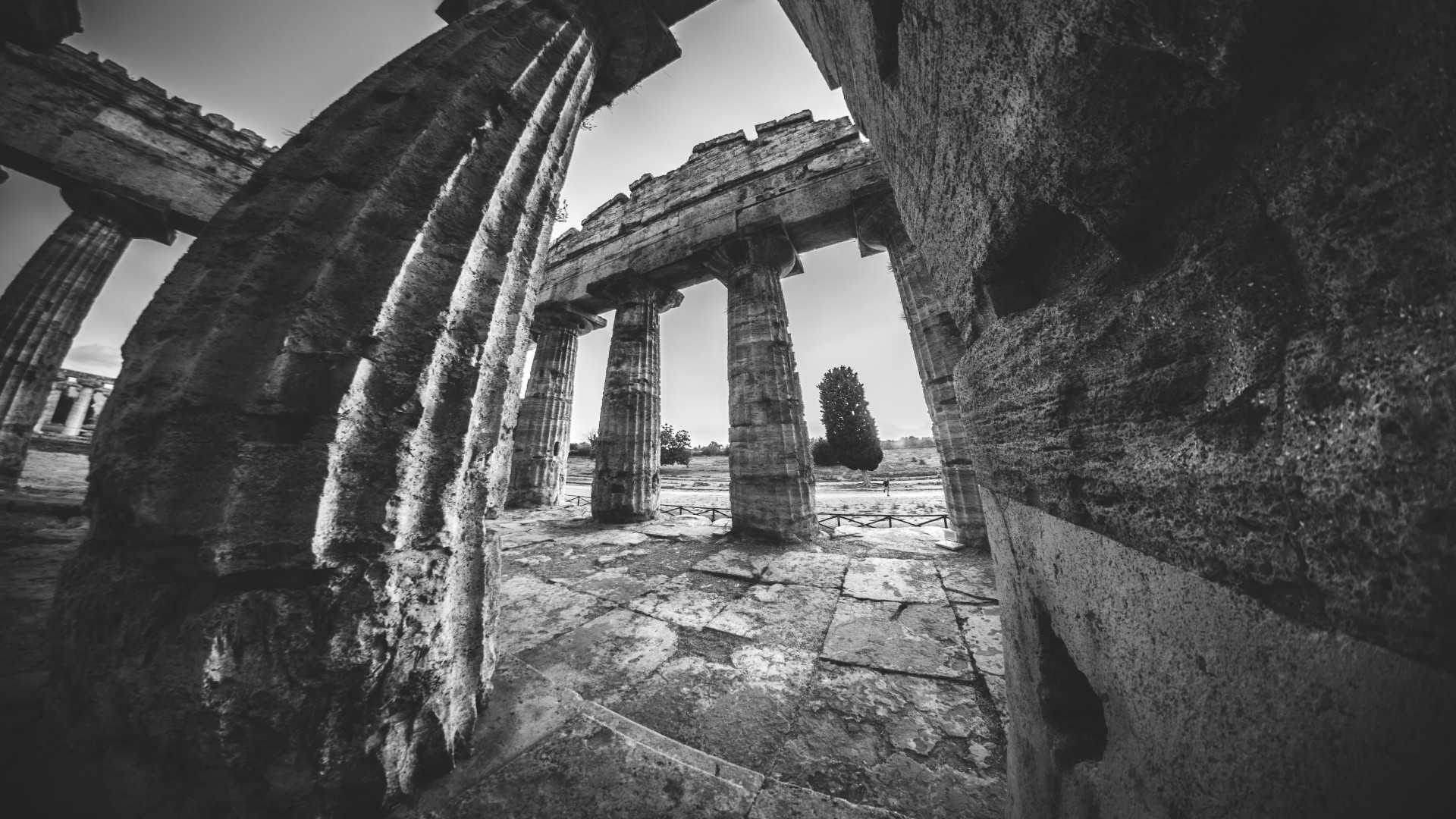Pliny the Younger, a Roman governor of Bithynia who, as Michael Kruger wrote in a recent post, thought that “intolerance of the Roman gods was enough of a reason to kill Christians, despite their [as noted by Pliny himself] holy lives,” commented back in the second century on the “stubbornness and inflexible obstinacy” of Christians who would not yield to the culture.
This obstinacy has been getting us into trouble for 2,000 years whenever a government makes the upsetting discovery that Christians place the authority of Jesus (as expressed in the unchangeable Bible) above that of civil authorities and so can’t be bent to their will no matter what. And I mean no matter what. The horrific tortures Christians have suffered over the ages are innumerable.
But guess what? We’re still here. And we’ll still be here 500 years from now, if Jesus hasn’t returned by then. I think our culture still does not know our God-enabled stubbornness and inflexible obstinacy. They still have hope that some pressure will convince us. But once it sinks in that they’ve met an immovable force...well, what happens next has not, in the past, proved to be fun for Christians. If a rock can’t be convinced to move along and stop impeding traffic in the middle of the road to progress, then the only thing left is to work at removing it.
Enter Michael Kruger’s post: “Regarded as ‘Intolerant Haters’: What’s New?”
In the midst of the high-octane cultural wars of the last several years—particularly the debate over homosexual marriage—evangelical Christians have been slapped with all sorts of pejorative labels. Words such as bigoted, arrogant, exclusive, dogmatic, and homophobic are just a few.
But two labels particularly stand out. First, Christians are regularly regarded as intolerant. Christians are not only regarded as intolerant religiously—because they affirm the words of Jesus that “no one comes to the Father except through me” (John 14:6)—but they are regarded as intolerant ethically, because they refuse to approve any and all behaviors as morally good.
Christians are also regularly (and ironically) regarded as haters. Apparently, our modern world regards the act of telling people they’re wrong as a form of hatred. It is never explained how the charge does not apply equally in the other direction, since those who make this charge are telling Christians they are wrong.
Needless to say, such a situation can discourage Christians in the modern day. We might be tempted to despair and think that the church is entering into dark days. But a little historical perspective might be useful. Truth be told, this is not the first time Christians have received such labels. Indeed, pejoratives were given to Christians from the beginning.
Read the rest of what Michael Kruger has to say about two ancient leaders who accused us of hatred and intolerance. He says these stories are both frightening and encouraging.
Do I have the strength and courage to stand with Jesus no matter what? Absolutely not. Though I’m committed to it, I have no delusions of grandeur about my own ability to do so. But thank God, I know that I am kept for Jesus Christ, and I trust Him to give me what I need when the time comes for me to need it.

